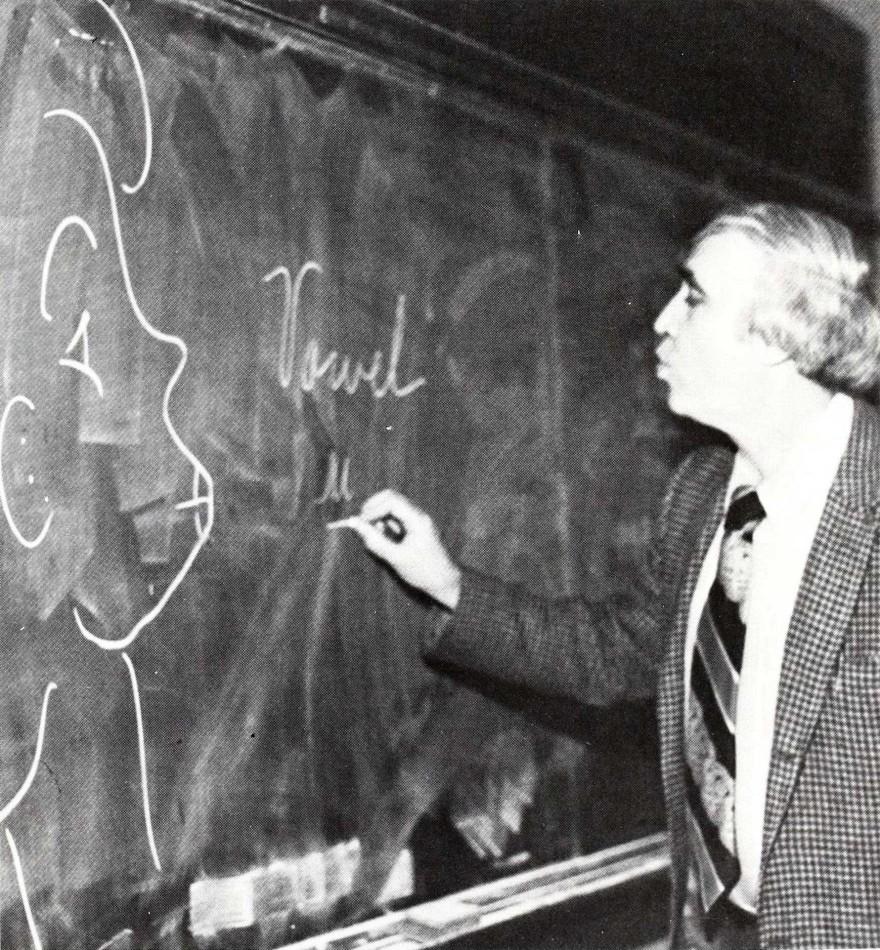Delight in Discovery
April 21, 2014
A parental thank you to the sponsors of the Masters Easter egg hunt: Mr. Pugatch, Paige, Treasure, and Danny. We made the drive from Stamford to Masters, and we arrived after many of the eggs had already been found, but my son Kai was thrilled anyway. He felt a rush every time he found an egg, switching from despair to triumph in that quantum mood shift that seven-year-olds can make. Your work—stuffing oblong plastic shells with small candy—created joy.
So what is it, I wonder, that makes discovery feel so electric? I remember watching my kid brother at the Field Museum in a room designed for children. The room didn’t have all the high-tech eye candy common lately in children’s museums. The appeal was simple: show some material and hide the rest. Each station displayed several related items under glass; below was a series of drawers. Under the glass might be a stuffed mouse, bird, lizard, and fish. But my brother’s attention went immediately to the drawers. He would pull one drawer out and find the skeletons of the animals above. He’d pull another drawer out and find examples of the food each eats. Another drawer revealed the poop each made. Another showed their particular predators. And so it went for more than an hour: him racing to a display then pulling out one drawer after another. I’m sure if all the material had been displayed outright he’d have been done with the room in five minutes.
We delight in discovery. We prefer our gifts wrapped because we like the thrill of unwrapping as well as the thrill of getting a gift. When we uncover what had been covered, a dopamine squirt ignites our brains. We can lose ourselves for hours in web surfing because we feel a little blast with each link that opens into something new and unexpected, creating a self-perpetuating cycle of seeking and finding. Gossip, like treasure-hunting, probably gets some of its appeal from the glee of unearthing what had been hidden.
One reason, maybe, that children get so much excitement from discovery is that they have not yet fallen into the habit of playing it cool, as so many of us do. “Oh, yeah, I knew that,” or “Sure, I’ve seen that before.” School has a nasty tendency to reward students for knowing rather than for discovering: making a discovery implies that we didn’t already know something; better to pretend that we knew it all along. But if we suppress that excitement in discovery, what motivates us to learn? Grades? Ha! A poor substitute. Why give up an internal reward system for one controlled by others?
Teachers, too, can slip into a similar habit of being too cool for school. I’m supposed to be the experienced one, right? Those pretenses are a shame. Practiced too often, they numb me to the potential spark of delight lurking in every book, every experiment, every idea from the person sitting next to me.
Or I can take springtime as my cue: when I can shed some layers of pretense, when I can wake more fully to the unexpected moments this day might reveal, then I can feel the visceral joy of discovery.



